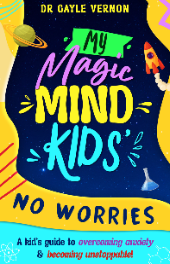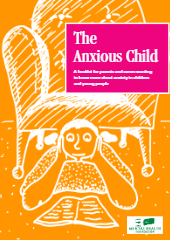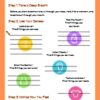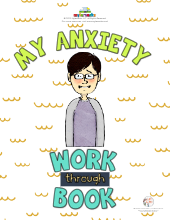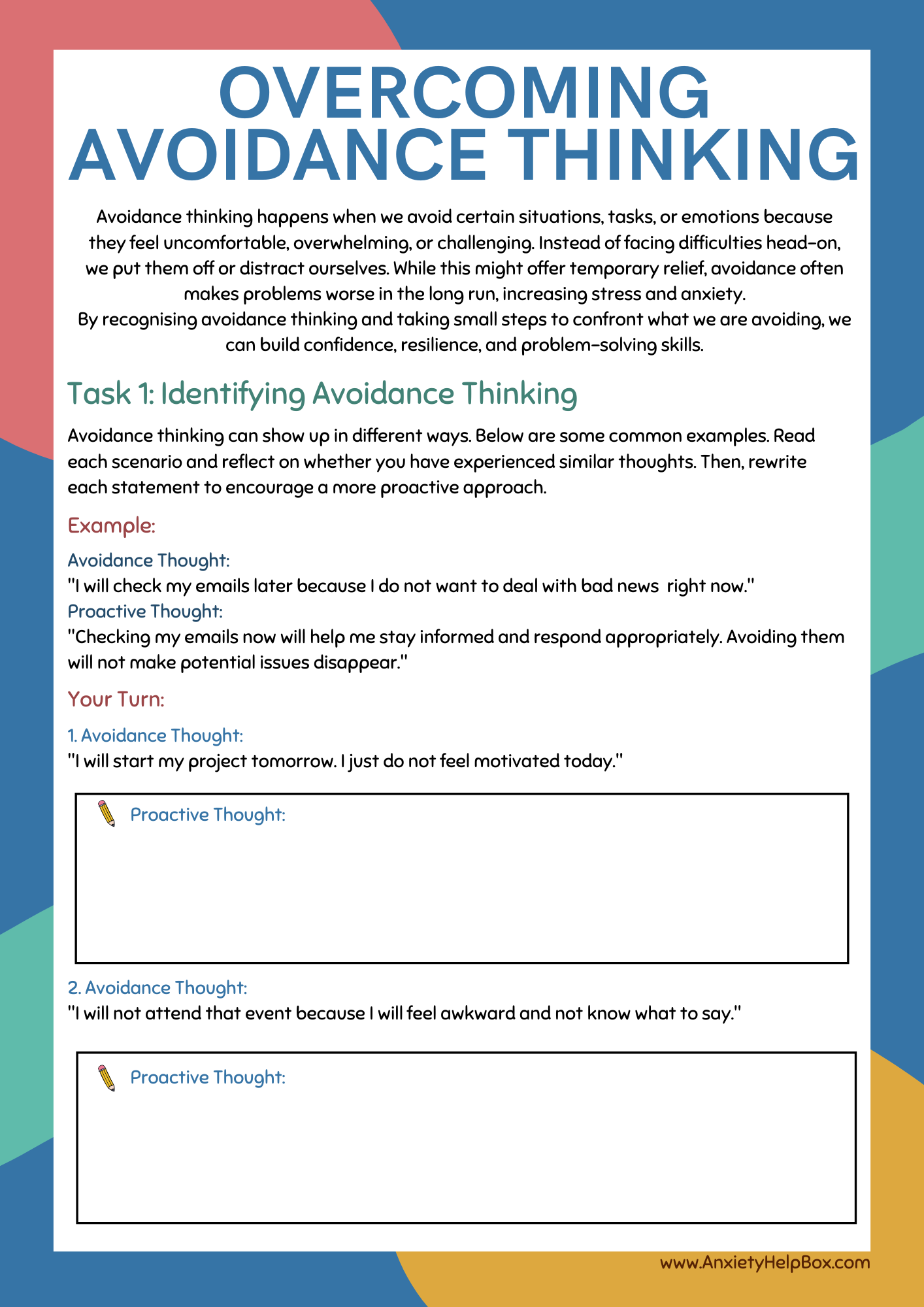 Overcoming Avoidance Thinking is a structured and engaging resource designed primarily for adults who struggle with procrastination, avoidance, and anxiety-driven decision-making. Avoidance thinking occurs when individuals put off tasks, situations, or emotions that feel overwhelming or uncomfortable. While avoidance may provide short-term relief, it often leads to increased stress and greater difficulty in addressing challenges. This resource helps users recognise avoidance patterns and develop proactive strategies to face discomfort in manageable steps, build confidence, and improve emotional resilience.
Overcoming Avoidance Thinking is a structured and engaging resource designed primarily for adults who struggle with procrastination, avoidance, and anxiety-driven decision-making. Avoidance thinking occurs when individuals put off tasks, situations, or emotions that feel overwhelming or uncomfortable. While avoidance may provide short-term relief, it often leads to increased stress and greater difficulty in addressing challenges. This resource helps users recognise avoidance patterns and develop proactive strategies to face discomfort in manageable steps, build confidence, and improve emotional resilience.
What’s Inside?
- Understanding Avoidance Thinking – Explains how avoidance patterns develop, why they seem helpful in the short term, and how they can become barriers to progress.
- Recognising Avoidance Patterns – Provides relatable examples of common avoidance thoughts and behaviours in daily life, including procrastination, fear of failure, and reluctance to face difficult emotions.
- Rewriting Avoidance Thoughts – A structured activity that guides users in identifying avoidance-based thinking and reframing it into more constructive, solution-focused thoughts.
- Facing Small Discomforts Exercise – Encourages individuals to start with minor challenges, helping them gradually build confidence in facing discomfort and overcoming avoidance tendencies.
- Reframing the Fear of Failure – A step-by-step reflection exercise that helps users acknowledge their fears, consider realistic outcomes, and reframe failure as a learning experience.
- Self-Reflection and Progress Tracking – Thought-provoking prompts to help individuals evaluate their avoidance habits, track progress, and develop long-term resilience strategies.
Practical Ways to Use This Resource
- Self-Help and Personal Growth – Individuals can use these exercises independently to develop awareness of avoidance tendencies and work on gradually facing challenges.
- Therapeutic and Counselling Support – A valuable tool for therapists and coaches working with clients who struggle with anxiety-related avoidance and procrastination.
- Workplace and Productivity Support – Employees and professionals can apply these strategies to improve task management, overcome workplace procrastination, and handle challenging conversations.
- Decision-Making and Problem-Solving – Helps individuals approach difficult decisions with a proactive mindset rather than avoiding them out of fear or discomfort.
- Stress and Anxiety Management – Provides practical exercises for people who feel overwhelmed by tasks and responsibilities, helping them develop healthier coping strategies.
Who Can Benefit from This Resource?
This resource is ideal for adults who experience avoidance-driven stress, struggle with procrastination, or find themselves putting off difficult conversations or decisions. It is particularly useful for individuals dealing with perfectionism, workplace stress, social anxiety, or generalised anxiety.
By recognising avoidance behaviours, challenging unhelpful thinking patterns, and taking small, intentional steps toward facing discomfort, Overcoming Avoidance Thinking empowers users to gain confidence, build resilience, and develop a more proactive approach to handling life’s challenges.
